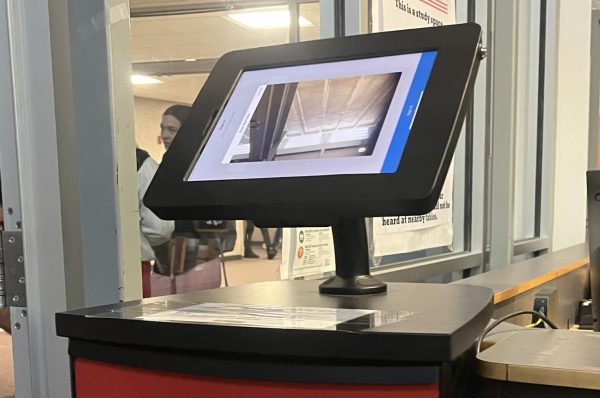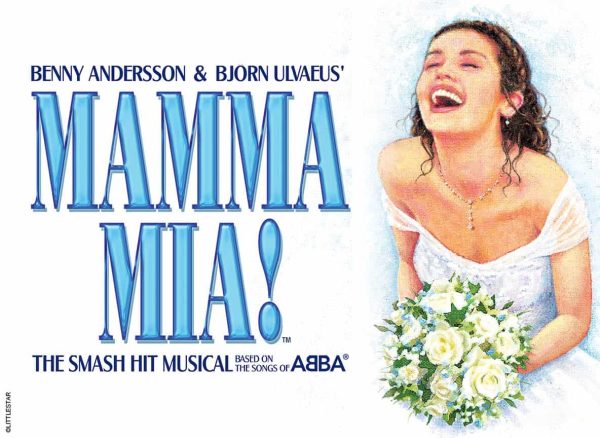Keep Your Friends Close, and Your Course Booklets Closer
After three and a half years at Westside High School, it still seems strange to me that every January, two afternoons are devoted to something called “Parent-Advisor Meetings.”
I mean, it makes sense that we have these meetings. Counselors don’t have time for a half-hour meeting with each student and one of his or her parents. Delegating to teachers the task of checking on graduation progress and helping students nail down their classes for the next year is only logical.
I just think choosing classes is something to be taken seriously, something that shouldn’t be left to people who, for the most part, aren’t fully qualified to advise students on how to plan out a high school curriculum.
The course booklet is a little over a hundred pages long, and it’s no light reading. First comes the information about college planning, dual enrollment, class rank, early graduation, et cetera…and then come the course descriptions, organized by department. Listed under each course title is the number of mods, number of credits, group number, course requirements, prerequisites, grades the course is open to and proficiencies students can earn from it.
It’s not homeroom teachers’ faults that most of them aren’t all that familiar with this hefty document. When you consider there are over 230 different courses students can take at Westside High School, I think expecting the average overworked teacher to be familiar with all of Westside’s academic options, or even be able to navigate the course booklet with confidence, is a little too much to ask.
Homeroom teachers can do their best with the information they’re given, but ultimately, almost none of them will ever have the time to get to know the course catalog as thoroughly as counselors do. Yes, it’s the counselors who actually register us for classes; they have the final word on course registration, and are available to answer questions along the way — but not all students, of course, take advantage of that. And a half mod to sign up for classes isn’t much time. Given the often inadequate advising students get on the topic of which classes to take, mistakes are bound to happen.
I have heard of students receiving misinformation, but that’s not very common. Much more often, I hear students trying to pick classes without being informed about the whole range of options. They’re taking shots in the dark, signing up for classes they feel like taking without thinking about what they need to be doing as far as prerequisites and proficiencies. Or they just don’t know what they can and can’t take.
How many kids actually know that over 230 different courses exist?
I count myself among the lucky few. When I got my first high school course booklet, in the spring of eighth grade, I read the whole thing, and took the time to plan out what classes I wanted to take in the next four years. Things changed, of course — I learned about opportunities I hadn’t known existed, and got interested in some different courses — but my rough outline was right. Every year since, up until last year, I read the most recent course booklet and updated my academic plans.
It took a lot of time, but you know what? Now, with less than four months of high school left, I’m glad I took the time to do all that. By reading the course booklet, I found out that World History isn’t actually required. And that by taking Honors Chemistry sophomore year, I would be able to take an AP science class my junior year. (Among other useful pieces of information.) Ultimately, I knew my options, and that enabled me to take control of my education. I always felt like I knew what I was doing, and that felt good.
So my message to students is this: if you’re really serious about getting something out of your high school education, and if you want to be in control of it, read that course booklet. I’d bet anything you’ll discover some classes you didn’t know existed, and chances are at least one or two of them will sound interesting to you. Plus, you’ll avoid the stress of trying to earn TWA proficiencies at the last minute, if you’re going for commendation. You might not always be able to count on your homeroom teacher to point you in the right direction, and counselors have a lot of students to counsel, so if you ask me, the best thing to do is to count on yourself.
Your donation will support the student journalists of Omaha Westside High School. Your contribution will allow us to purchase equipment and cover our annual website hosting costs.












